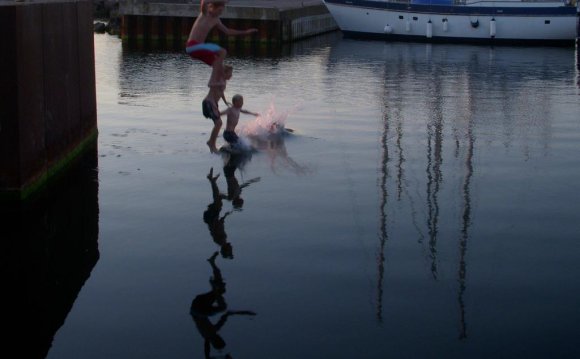
The other day the brilliant space scientist Dr Matt Taylor was asked to give a report on the progress of Philae, the astonishing little landing craft that has travelled, in all, four billion miles to become the first representative of humanity to visit the surface of a comet. Dr Taylor leant forwards. He started to speak. Then his voice went husky, and it became painfully obvious to viewers that he was actually crying. And of course he has many very good reasons to feel emotional. The London-born astrophysicist has been part of a mind-blowing success.
For 10 years he and his colleagues at the European Space Agency have been guiding this 15-stone probe to a place so far from us that it takes radio signals 28 minutes to reach our scanners. With unbelievable skill and accuracy, they have managed to get within striking distance of Comet 67P/ Churyumov-Gerasimenko.
They were able to detach Philae, the probe, from the mother craft, called Rosetta. They sent Philae towards the comet – a peanut-shaped glob of freezing rock and dust about two miles long. They landed their milk crate gizmo on the comet, even though it is hurtling through space at 135, 000 miles an hour, and for hour after hour – until its batteries finally went flat – the gallant machine was able to send information back to Earth about our wandering celestial relative.
Where does it come from, Comet 67P? Perhaps it is a close cousin, a relic of those primal events in the solar system that formed the Earth and the rest of the planets. Perhaps it was born from the same stuff as the sun – a piece of frozen shrapnel from some cosmic explosion.
Or maybe it is a long-haired wanderer from some place further away, whizzing along until it was captured by the sun’s gravitational field. Perhaps there is in that dust a richer dust concealed, something strange and new and suggestive.
It may be that we can learn some more about the role of comets in transporting ice, and therefore water, through the heavens – and there are some who have speculated that we have comets to thank for the existence of the oceans on our planet.
At this very moment the scientists will be beginning to process the data – to understand more about the elements, the minerals, the isotopes, the molecules. There may be clues about our past and pointers to our future.
RELATED VIDEO


![God Is An Astronaut [IR] - Live @ Boiler Club](/img/video/god_is_an_astronaut_ir.jpg)









